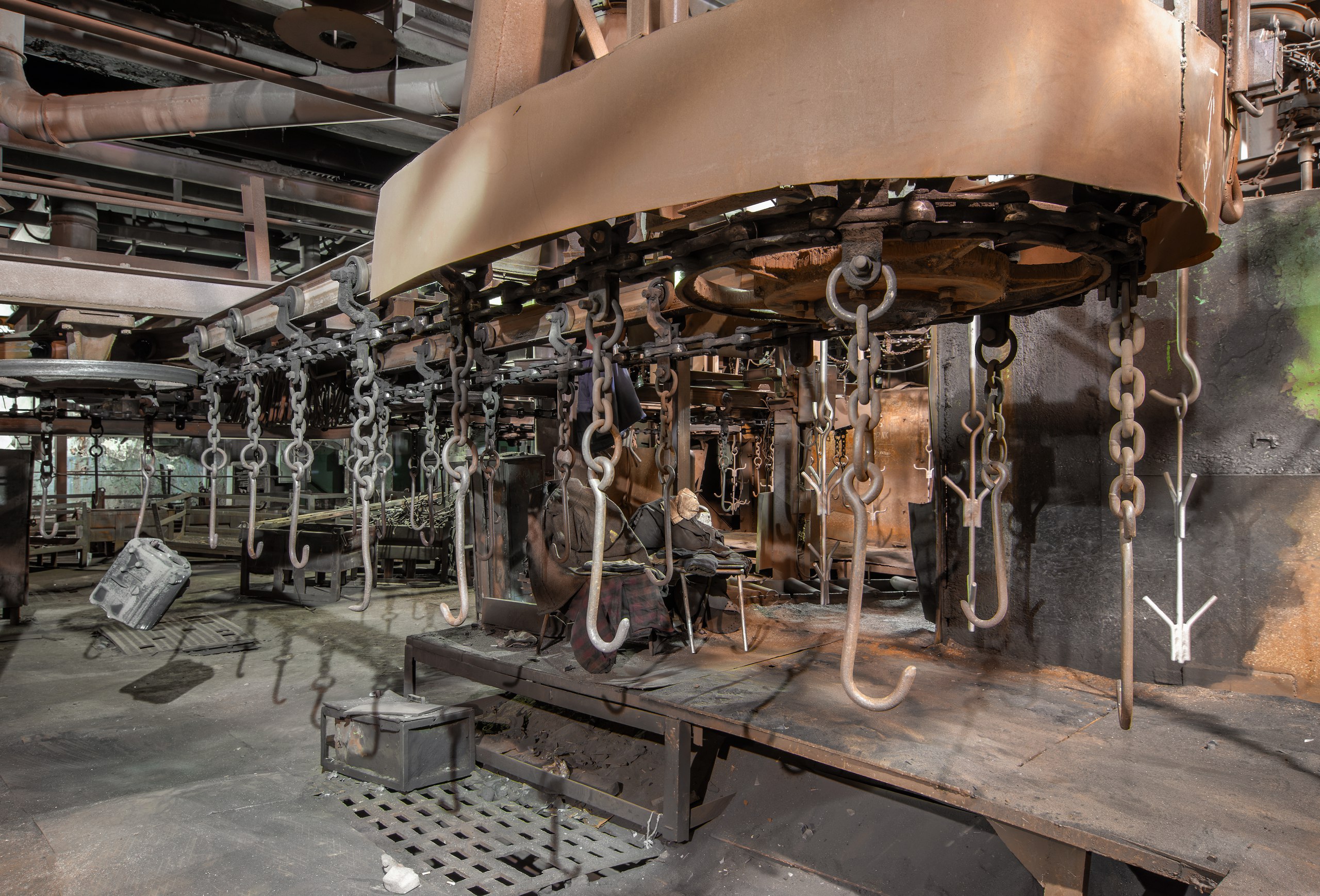The Repressive Conveyor of Loyalty Cultivation
 The situation has not changed
The situation has not changed

The government has created comfortable economic conditions for Lukashenka ahead of the 2025 presidential campaign. The dictator is releasing a small number of political prisoners and encouraging discussions among opponents about reconsidering their behavior towards his regime. At the same time, security forces are demonstratively conducting large-scale repressions to prevent potential protests in 2025.
The population’s welfare has significantly improved due to price regulation and wage increases. The ruling class has largely compensated for the losses from Western sanctions through cooperation with Russia. Additionally, the government has announced further wage increases for public sector employees in the year of the presidential elections to maintain economic optimism among the electorate. These factors are increasing trust in state institutions.
Once again, Lukashenka has publicly criticized officials—specifically, those in the agricultural sector. His words traditionally resonate widely in society and at least find support among his sympathizers. This happens despite agriculture being one of the drivers of the economy.
Lukashenka continues to release political prisoners in small groups. It is known that 22 individuals have been released from prison out of more than 1,300 political prisoners. The number of prisoners with politically motivated sentences could be significantly higher. Human rights defenders receive incomplete information about politically motivated persecution due to the scale of the repression and the fear among the relatives of the repressed for their safety and that of their loved ones.
The release of political prisoners amplifies the voices of those who demand a softening of rhetoric towards Lukashenka’s regime and a reconsideration of strategies in dealing with the dictator. This stimulates internal discussion within democratic forces, shifting the focus away from preparing for the electoral campaign.
At the same time, the regime’s enforcers continue large-scale repressions against dissenters. This persecution includes:
– Huge fines for donations to civil society organizations
– Long prison sentences for participants in the 2020 protests and critics of the government
Some convicted individuals are given additional prison terms while already incarcerated. Those serving “house arrest” sentences have their penalties replaced with imprisonment in a colony. Security forces continue their campaign of demonstrative arrests of 2020 protesters in various regions of the country.
Thus, the ruling class will continue the gradual release of political prisoners while maintaining a high level of repressive displays to demotivate society.
Subscribe to our newsletter




Situation in Belarus
Constitutional referendum: main consequences


 Video
Video
How to count the political prisoners: are the new criteria needed?


 Video
Video
Paternalism In Decline, Belarusian Euroscepticism, And The Influence Of Russia


 Video
Video












